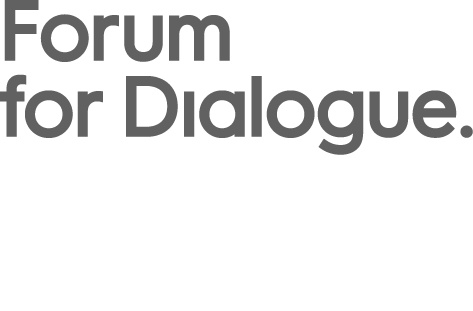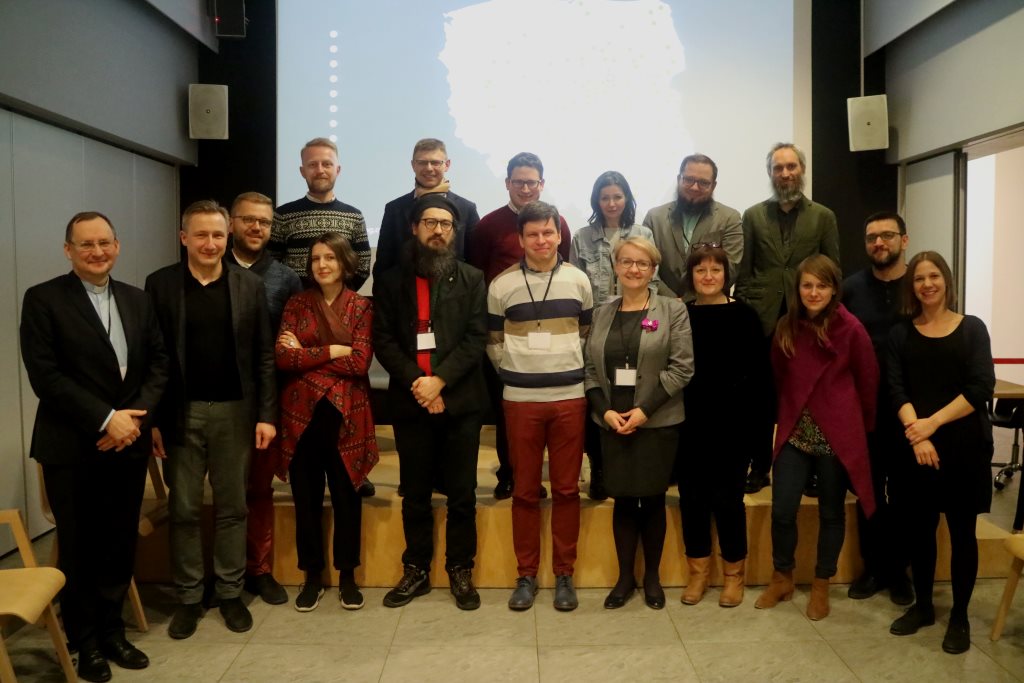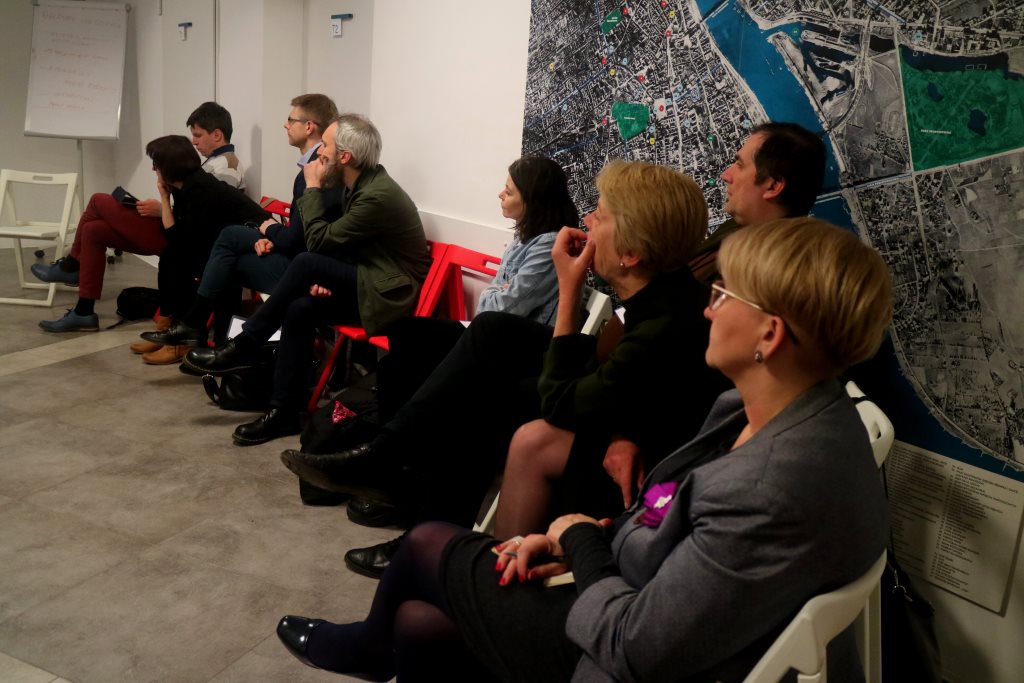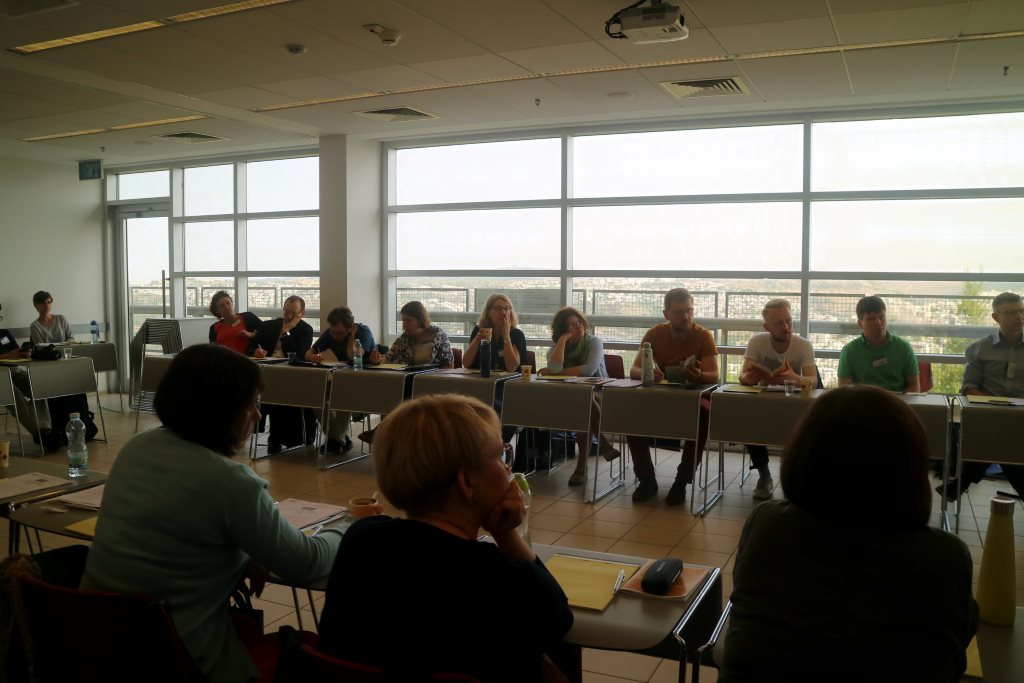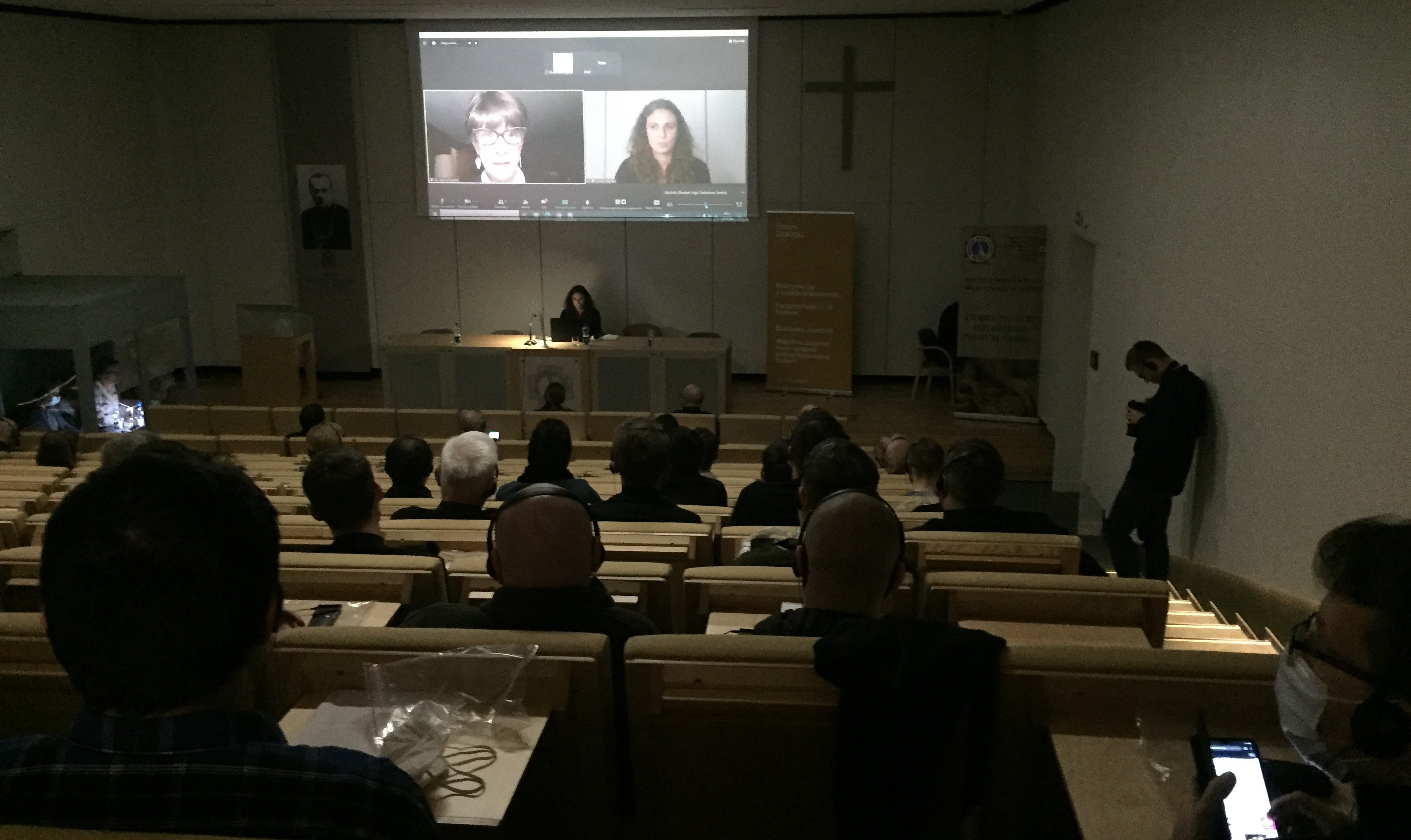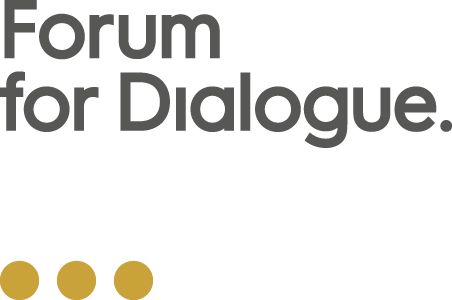Begun in 2019, the „Shared Heritage” program, is a Forum initiative born out of a conviction that a real change in Polish/Jewish relations must include leaders of Polish Christian communities and entail a deep reflection on the shared heritage of history and religion that unites us.
“Shared heritage” is a phrase used repeatedly in “Nostra Aetate 4”, a document of Vatican II, to denote the connection between the Christians and Jews resulting from Christianity’s rootedness in Judaism. In the Polish context, we also consider the historical heritage of Jews and Christians who lived on this land side by side. This is a bittersweet history, and is remembered thus. The Holocaust is another level of the heritage we share because it happened on Polish land and was the experience of the today’s grandparents and great-grandparents’ generation. This is a difficult heritage, one that requires more processing and consideration on the level of faith.
The participants of the program face the complicated issues of the Judeo-Christian religious heritage, as well as the difficult co-existence of Jews and Christians in Poland, including the Holocaust, which have continuous impact on Polish/Jewish relations. Our program is an ecumenical space to learn about these issues and discuss ways of addressing the challenges of this heritage in our local communities and Poland overall.
